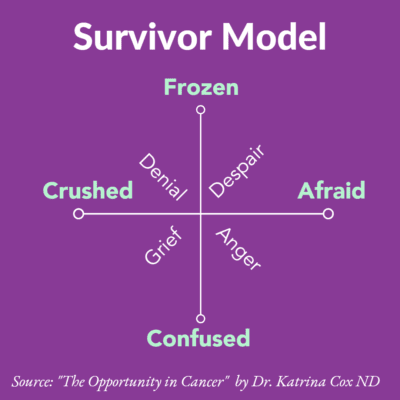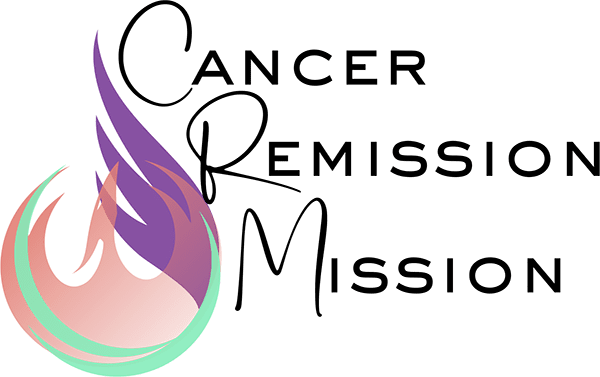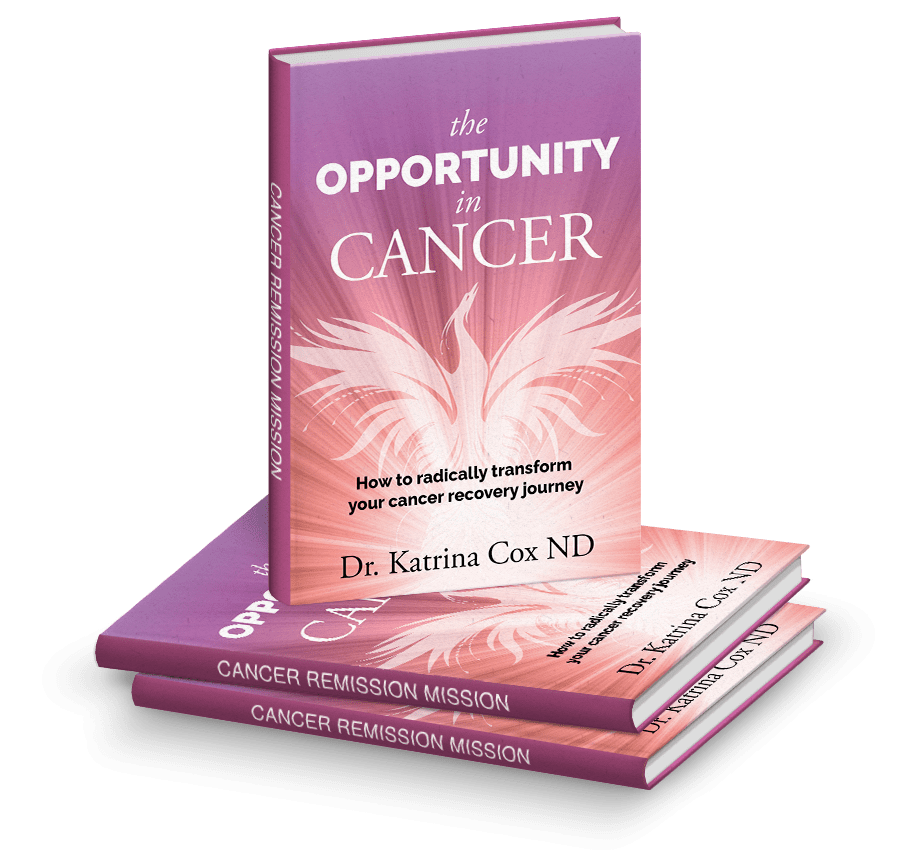In my last blog post, I talked about the impact of stress on an individual’s mental and physical health during cancer recovery. However, how do we begin to heal from our stress once we recognize and identify it? This is an important conversation because as I mentioned, stress can be silent and it affects each person differently. For that reason, an individualized plan needs to be the focus.
Some people come into my office, appearing laid back, saying “I’m not stressed”, despite stressful circumstances with respect to their health. Without fail, when we dig deeper, stress is in fact there, they simply don’t identify how they are feeling as stress. Their mental or health issues are not what they would typically perceive as stress.
But when we do the stress questionnaires, such as the questionnaires that I have included in my book, The Opportunity in Cancer, we begin to recognize our behaviors and patterns as being part of that stressed state.
What is Stress?
Stress is a feeling of emotional or physical tension or pressure. Stress is the response our body has to an increased demand or challenge, beyond what is considered normal. How that response manifests itself in our mental state and our physical body differs from person to person. One individual may have trouble sleeping when under stress, whereas another may get headaches or have bouts of anxiety.
 Cancer is one of those diseases that inherently is associated with a stressed state. It creates stress through physically demanding treatments and therapies, the sudden changes in how you live your daily life, and fear about the future and cancer progression.
Cancer is one of those diseases that inherently is associated with a stressed state. It creates stress through physically demanding treatments and therapies, the sudden changes in how you live your daily life, and fear about the future and cancer progression.
Understanding this and assessing a person’s stress is vital in supporting their optimal cancer recovery. In my book, I share the Survivor Stress Model. It is a great tool to help us hone in on how stress is presenting itself in our lives and the impact that stressors are having on us.
The first step is to assess “how?”. How is stress affecting you and your life? Keep a record or a journal to document those times in your day when stress creeps in. Create an awareness of what is triggering your stress and how your mind and body reacts to it. Put words to the emotions you are feeling and reflect on where they sit within the Survivor Stress Model. This is a quantifiable way to understand how stress is impacting you physically and mentally, and that’s really important. It allows us to start understanding where in your life stress is a factor for you.
How you cope with stress is also important. When we perceive stress, what are ways to relieve that sensation? People use many different coping strategies, everything from sex to food, to creativity and piano to going to the gym. Healthy coping strategies are important tools to help us manage and reduce our stress. There are many coping strategies that can be used that support both our mental and physical health. Being aware of where and how stress presents itself, and knowing how we can most effectively manage it in the moment is how we are going to move out of that stressed state more quickly.
Jake’s Story
Jake discovered he had neuropathy (loss of feeling or sensation, as a result of damage to the nerves), which was a side effect of his cancer treatment. He had lost sensation completely in his fingers.
Jake was also an avid guitarist in his spare time and this hobby brought him great joy. Unfortunately, the neuropathy left him unable to play his guitar as he had previously, leaving him saddened and without one of his favourite stress-relieving activities.
Rather than letting that be the end of playing the guitar, we took a solution-focused approach understanding that not playing was a stressor and had also left him without a helpful coping strategy. We ended up talking a lot about different artists, some of the limitations that they experienced and how they found ways around it. Through this amazing process, it became apparent that he simply needed the right music so that he could play his guitar comfortably. No better person to take on the task of creating the tailored music than Jake himself.
Instead of playing other people’s music, Jake created music with more chords that were much more comfortable for him to play. Not only was he able to enjoy playing again, but he actually created all his own music, which was such a wonderful thing for him. This awareness of his stressors and coping strategies, gave us a clear direction to support him in moving into that thriving state.
Stress Management
 Psychological stress is moderately linked to the risk of cancer recurrence. Moreover, two RCTs strongly support the beneficial effects of stress-management therapies on reducing cancer recurrence. In one of the studies a small group of women who had breast cancer, were put in only a six-week mindfulness recovery program. They followed these women and monitored their health status over time. Participants of the six week mindfulness program had better outcomes, all on blood work, all on scans, in terms of rates of recurrence, and all on quality of life. Just six weeks of mindfulness training at the beginning of their recovery provided a huge impact to their health and their lives. Can you imagine if we did more than six weeks? Can you imagine if more people participated in these types of mindfulness programs? We would be able to transform individuals from surviving to thriving more effectively in cancer recovery.
Psychological stress is moderately linked to the risk of cancer recurrence. Moreover, two RCTs strongly support the beneficial effects of stress-management therapies on reducing cancer recurrence. In one of the studies a small group of women who had breast cancer, were put in only a six-week mindfulness recovery program. They followed these women and monitored their health status over time. Participants of the six week mindfulness program had better outcomes, all on blood work, all on scans, in terms of rates of recurrence, and all on quality of life. Just six weeks of mindfulness training at the beginning of their recovery provided a huge impact to their health and their lives. Can you imagine if we did more than six weeks? Can you imagine if more people participated in these types of mindfulness programs? We would be able to transform individuals from surviving to thriving more effectively in cancer recovery.
A Path to Recovering From Our Stressed State
Here are the 3 steps that I tell people who are looking to reduce their stress on the cancer recovery journey:
1. Create awareness of your stress level and stressors.
2. Build an individualized treatment plan around addressing the emotion and restoring physical health.
3. Recognize your coping strategies. What are the things that you do to cope with stress effectively? If you don’t know yet, discovering healthy coping strategies will be part of your path forward. Figuring out how to change them or alter them to work best for you wherever you are in life, is part of the process of creating resilience.
Lastly, I like to give this mindset tip when it comes to dealing with stress:
Remember that small changes make a big impact. So if we’re consistent with small things, the bigger the outcome will be.
If you are looking for more information about using the Survivor Model, grab a copy of the Opportunity in Cancer. For more information on overcoming stress on the cancer recovery journey, check out the next blog post in this series – Cancer Recovery: Moving Beyond Stress.




